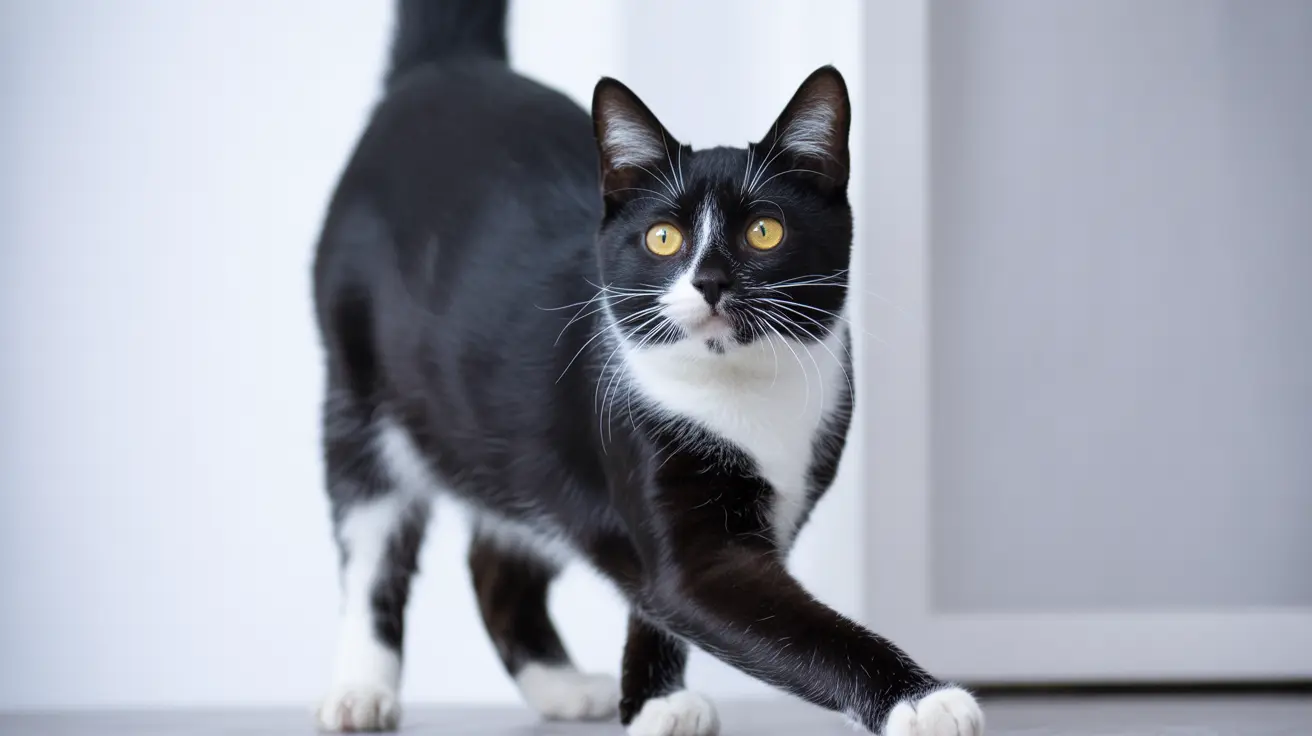Can Cats Eat Potatoes? A Guide for Pet Owners
When it comes to sharing human food with pets, it's important to understand what's safe and what could cause harm. Potatoes are a staple in many households, but are potatoes safe for cats? The short answer is yes, in moderation and only when cooked. However, there are several precautions cat owners should take before offering this starchy vegetable to their feline friends.
Understanding the Types of Potatoes
Not all potatoes are created equal in the eyes of pet safety. Here’s a breakdown of different types and their relevance to cats:
- Raw Potatoes: These contain solanine, a toxic compound that can cause gastrointestinal distress or even poisoning.
- Cooked Potatoes: When boiled or baked without seasonings, they can be safe in small quantities.
- Green Potatoes: These also contain solanine and are harmful to both humans and animals.
- Sweet Potatoes: While often recommended for dogs, cats lack the enzymes to efficiently process them, though small amounts are less risky.
Why Raw Potatoes Are Dangerous
Solanine is found in green or sprouted potatoes and in potato skins. For cats, ingesting solanine can result in symptoms such as:
- Vomiting
- Diarrhea
- Lethargy
- Confusion
- Neurological issues in severe cases
Because their digestive systems are not designed to process many plant-based materials, cats are especially vulnerable to foodborne toxins.
Safe Ways to Feed Potatoes to Cats
If you decide to give your cat a bite of potato, adhere to the following tips to ensure safety:
- Always Cook Thoroughly: Boil or bake the potato until it’s soft. Avoid frying or roasting in oils and spices.
- Skip Seasonings: Garlic, onion, salt, and pepper are toxic to cats. Serve potatoes plain and unseasoned.
- Stick to Small Portions: Potatoes should be an occasional treat, not a regular part of your cat’s diet. Too much starch isn’t good for felines.
- Peel First: Always peel the potato, as skins can harbor toxins and are harder to digest.
Nutritional Value of Potatoes for Cats
Potatoes are a source of carbohydrates, mild fiber, and vitamin C, but cats are obligate carnivores and don’t require these nutrients from plant sources. Too many carbs can lead to weight gain and other health problems.
Potential Benefits (in Moderation)
Feeding a small amount of plain, cooked potatoes might have limited benefits:
- Help settle a cat’s stomach
- Occasionally serve as a filler if recommended by a vet
- Sometimes used in hypoallergenic pet diets under veterinary supervision
What to Avoid Completely
While a plain bite of potato may be fine, here’s what cat owners should never offer:
- Potato chips
- French fries
- Mashed potatoes with butter, cream, or gravy
- Instant potatoes containing additives
- Leftovers spiced with garlic or onions
Signs of Potato Toxicity in Cats
If your cat accidentally consumes raw or green potato, watch for the following signs:
- Drooling
- Seizures
- Tremors
- Abnormal behavior or coordination issues
If these symptoms appear, seek immediate veterinary attention.
Conclusion
While cooked potatoes are not inherently dangerous for cats, they should be treated as an occasional treat rather than a dietary staple. Always serve them plain and fully cooked, and avoid raw potatoes at all costs. Prioritize a meat-based diet for optimal feline health, and consult your vet before introducing any new foods to your cat’s routine.





